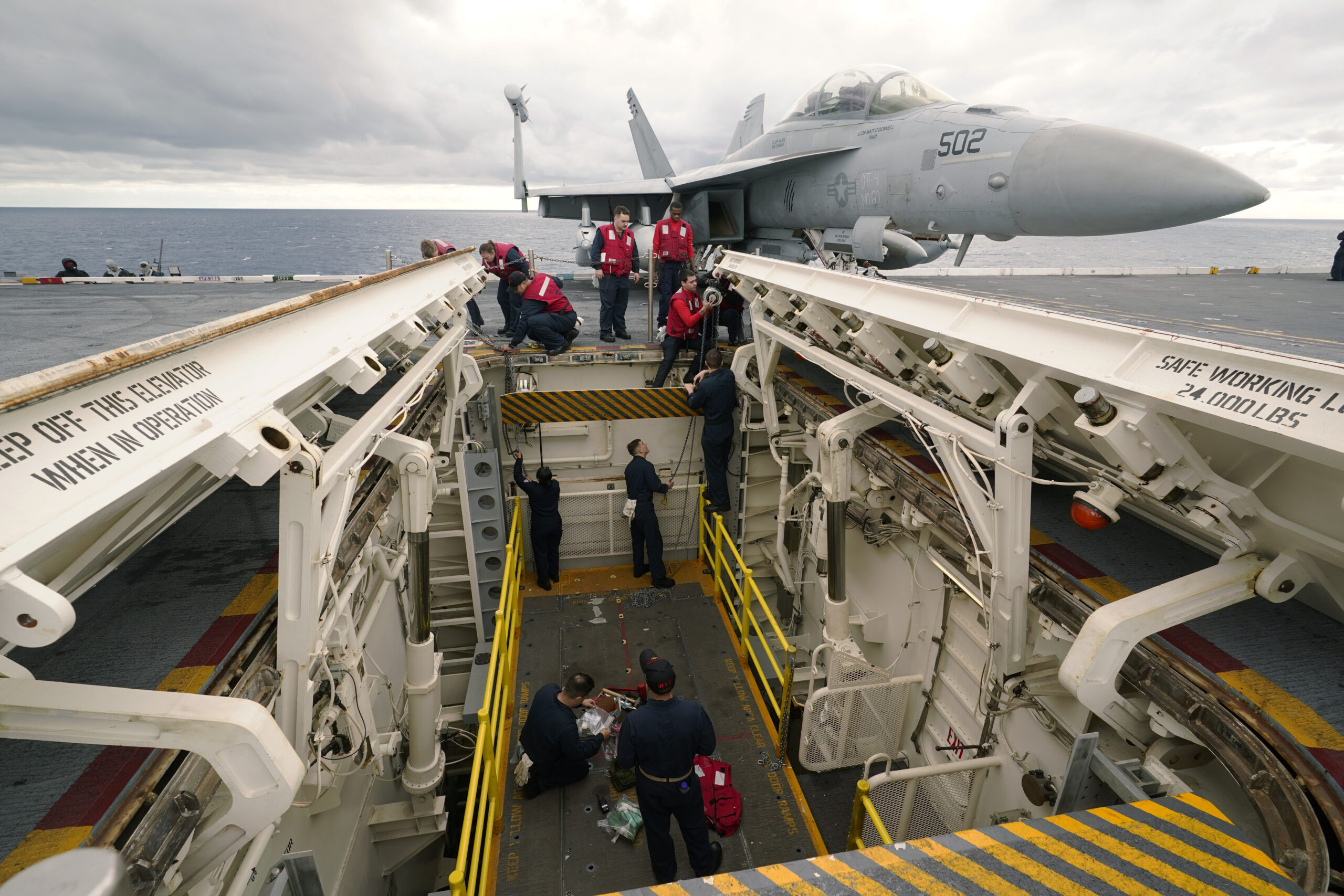As an example of how tense things are along Israel’s northern border with Lebanon, a suspected airspace intrusion into Israel from Lebanon had Israeli authorities telling residents of several northern communities to seek shelter until further notice. Due to human error, an app designed to alert residents malfunctioned, Haaretz reported, adding to the confusion.
The situation lasted for about two hours before the IDF gave the all-clear.
“Further to the reports of infiltration from the Lebanese border into Israel’s airspace, as of now fear of infiltration has been ruled out,” Rear Adm. Daniel Hagari, an IDF spokesman, said on Twitter.
Though Israeli authorities didn’t specify what kind of airspace intrusion may have taken place, reports began emerging on social media that it could have been similar to the paragliders Hamas used to carry out its initial attacks in southern Israel on Saturday.
Later reports suggest it might be drones.
The IDF reportedly also launched illumination flares over southern Lebanon, where it is now evening.
As a result of concerns about an intrusion, “all residents in the areas where the warning was sounded are asked to enter the protected areas and stay in them until further notice,” Hagari said.
Israeli media began reporting about sirens sounding throughout the north.
“Sirens were heard throughout the Golan Heights and the Galilee due to the infiltration of hostile aircraft, including in the northern Israeli cities of Nahariya, Acre, Safed, Tiberias, and Kiryat Shmona,” Haaretz reported.
Israel’s Home Front Command “has announced that residents of the Haifa region, the Galilee, and the Golan should seek shelter in a protected area until further notice, locking their doors and windows, and preparing for an extended stay,” Haaretz added. “In addition, an alert has been issued due to concerns of infiltrators in Ma’alot Tarshiha.”
According to the Home Front Command, the instructions follow a “widespread attack” that occurred in the north a short while ago,” Haaretz reported, without providing additional details. “The directive advises residents to enter the shelter with provisions, water, bedding, blankets, medications, and communication devices.”
As time passed, however, IDF reported that there was no intrusion.
“Further to reports of airspace intrusion from Lebanese territory into Israeli territory, so far no crashes have been detected in Israeli territory and no casualties have been reported,” Hagari said in a later Tweet. “IDF forces are scanning the area from the ground and from the air… You must continue to obey the instructions of the Home Front Command and act accordingly.
At 7:53 p.m. local time (12:53 p.m. EST), Hagari acknowledged the problem, but still urged caution.
“This is a matter of human error, there is no such instruction,” he said of the erroneous warning. “You must continue to listen to the instructions of the Home Front Command that are being updated.
Though Israeli officials are chalking this up to human error, the tumult created this morning, the fifth day of this war, comes amid mounting concerns that Hezbollah might enter the conflict as we have noted in the past.
Hezbollah has a tremendous arsenal of long-range strike weapons and well-trained and equipped fighters. Its entry into the fight would pose a tremendous challenge to Israel, both in terms of seeing its air defenses overwhelmed and having to cope with a ground war that would stretch its army thin.
The concern is so great that the U.S. has sent the Gerald R. Ford aircraft carrier strike group to the eastern Mediterranean. It arrived there yesterday.

“The versatility and mobility of the strike group, which can conduct a full spectrum of missions, from intelligence collection, maritime dominance, to long-range strike, will ensure the United States is postured to respond to any contingencies and minimize the risk of a wider spread conflict that would threaten stability,” a senior U.S. defense official told reporters, including from The War Zone, Tuesday. “These posture increases were intended to serve as an unequivocal demonstration in deed and not only in words of U.S. support for Israel’s defense and serve as a deterrent signal to Iran, Lebanese Hezbollah, and any other proxy across the region who might be considering exploiting the current situation to escalate conflict. Those adversaries should think twice.”
For Israel, the good news here was that there was no attack from the north. The bad news is that a nation’s nerves were further jangled and future such warnings might go unheeded.
Contact the author: howard@thewarzone.com
